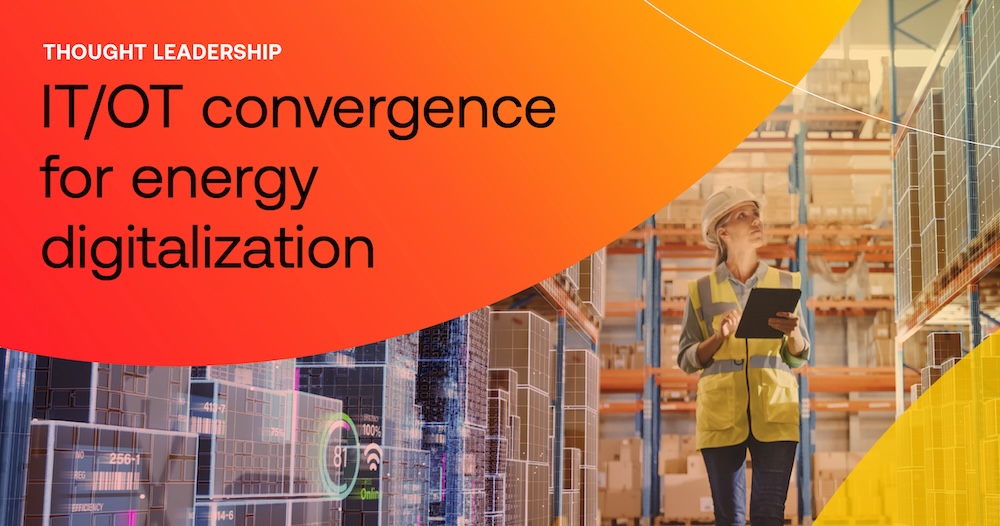
Accelerating IT/OT convergence with a framework for energy digitalization
Digitalization is a complex task with evolving attributes and demands. It requires methodical solutions to enable the energy industry to scale efficiently and interoperate across the complete smart grid.
The process of digitizing energy systems involves transforming traditional energy infrastructure into interconnected, data-driven systems that enhance efficiency, sustainability, and responsiveness. As smart grids become increasingly integral to the efficient distribution and management of electricity from both fossil and renewable energy sources, the energy industry faces strategic challenges associated with digitalization and interoperability—particularly in the context of modern energy business models, such as virtual power plants (VPPs).
The critical issue in modern smart grids is to seamlessly integrate diverse technologies and systems, including virtualization, grid computing and service-oriented architecture (SOA), across the entire energy ecosystem.
Meeting this challenge requires addressing issues like semantic interoperability, IT/OT convergence, and digital asset scalability, all while ensuring security and risk management.
Intertrust’s approach to tackle these digitalization challenges is a four-layer framework that encompasses persistent data protection, trusted key management, secure messaging, and authentication of IoT resources. Data assets generated through this framework enable AI systems to derive insights for improving smart grid operations, security, and revenue generation. Discover more about this framework by reading our in-depth white paper, A Proposed Secure and Interoperable Digital Energy Orchestration Framework Enabling Smart Grid Scalability.